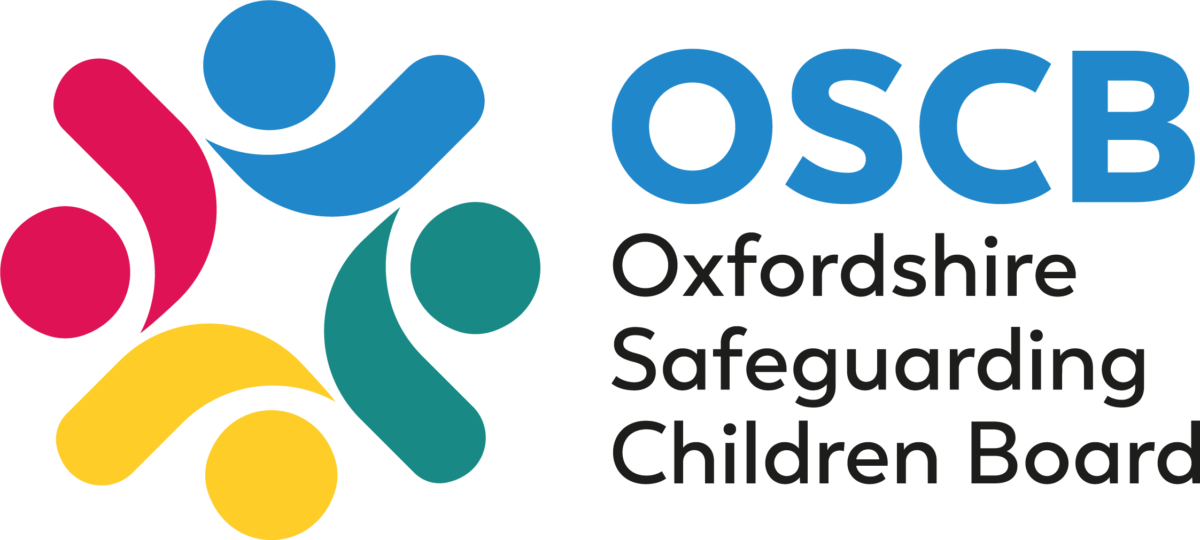Think family
The Think Family agenda recognises and promotes the importance of a whole-family approach which is built on the following principles:
- No wrong door: all service should offer an open door into a system of joined-up support. This is based on more coordination between adult and children’s services.
- Looking at the whole family: services working with both adults and children take into account family circumstances and responsibilities. For example, an alcohol treatment service combines treatment with parenting classes while supervised childcare is provided for the children.
- Providing support tailored to need: working with families to agree a package of support best suited to their particular situation.
- Building on family strengths: practitioners work in partnerships with families recognising and promoting resilience and helping them to build their capabilities. For example, family group conferencing is used to empower a family to negotiate their own solution to a problem.
For further information on how this works in Oxfordshire please read: Think family and early help, a guide for practitioners supporting adults who have caring responsibilities
The family focus alone may not be enough to address the problems faced by some parents with a mental health problem nor will it necessarily prevent a child (or teenager or young person) from suffering harm. Services need to understand the adults’ problems so these can be addressed through specific clinical expertise and services.
Adopting a family focus does not negate the need to providing individual care, but must be considered alongside it. This means thinking about the child, the parent and the family, with adult and children’s health and social care services working together to consider the needs of the individual in the context of their relationships and their environment.
The Crossing Bridges Family Model (Falkov 1998) is a useful conceptual framework that can help staff to consider the parent, the child and the family as a whole when assessing the needs of and planning care packages for families with a parent suffering from a mental health problem. The model illustrates how the mental health and wellbeing of the children and adults in a family where a parent is mentally ill are intimately linked in at least three ways (see figure below):
- parental mental health problems can adversely affect the development, and in some cases the safety, of children
- growing up with a mentally ill parent can have a negative impact on a person’s adjustment in adulthood, including their transition to parenthood
- children, particularly those with emotional, behavioural or chronic physical difficulties, can precipitate or exacerbate mental ill health in their parents/carers
The Model also identifies that there are risks, stressors and vulnerability factors increasing the likelihood of a poor outcome, as well as strengths, resources and protective factors that enable families to overcome adversity.
